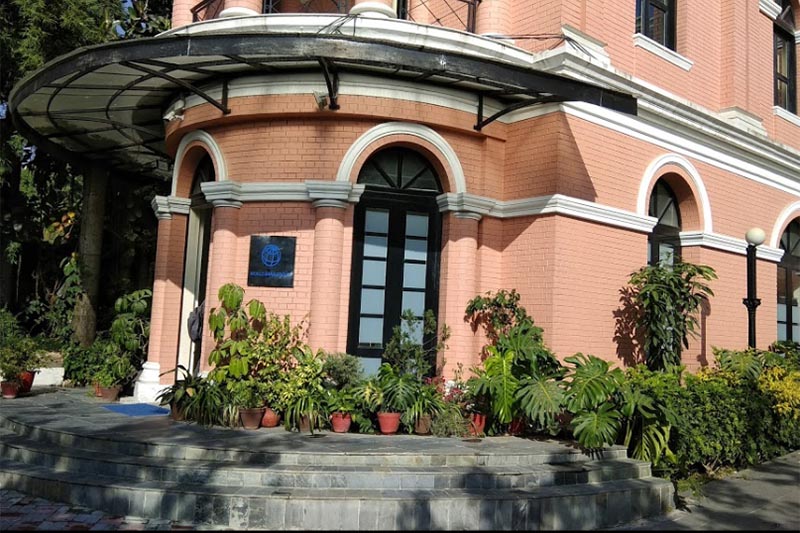Govt should only focus on priority projects: WB
Kathmandu, April 22
The World Bank has suggested the government to focus only on priority projects and programmes amid the resource deficit that the government is facing currently.
Addressing a media conference organised by the Society of Economic Journalists Nepal (SEJON), Faris Hadad-Zervos, World Bank’s country manager for Nepal, said that the government will need much more resources in the aftermath of the coronavirus and thus it should ensure that budget spending is focused only on priority projects and programmes.
“As the spending is going to be huge, there needs to be prioritisation of spending to bridge the resource gap,” said Faris, adding that the World Bank is working with the government to support Nepal tackle and recover from the pandemic.
First, the government should prioritise immediate health response and social assistance.
“Many overseas Nepalis will be returning home, which will demand creating a large number of jobs. The Prime Minister Employment Programme and other such programmes should be focused,” said Faris, adding that the World Bank is shifting 18 per cent of its portfolio projects’ budget in Nepal towards COVID-19 response.
The World Bank has also suggested the government to focus more on the production sector to ensure availability of goods, facilitate small and medium scale industries and ensure that the supply chain remains intact.
“The world, South Asia and Nepal are going to see significant drop in the gross domestic product (GDP) growth in the ongoing and next few years,” said Faris.
Before the pandemic, the GDP in South Asia was expected to grow at 6.3 per cent. But as the result of the COVID-19, the region is likely to see GDP growth between 1.8 to 2.8 per cent in the 2020 fiscal year, which will be the worst growth rate in the last 40 years, as per the World Bank.
Similarly, the GDP growth in South Asia is expected to remain moderate in 2021 fiscal year at 3.7 to 4.2 per cent.
“Though Nepal is located between two big neighbours, because they themselves have witnessed reduction in growth, this will also leave an impact on Nepal,” said Faris.
“The recession caused by the coronavirus pandemic is different in the sense that usually recession impacts investment and demand for goods and they are demand-driven.
But the current recession due to coronavirus is supply-driven,” said Faris, further explaining that the world today is reeling due to supply disruptions.
Faris said that understanding this recession differently will help economies use different, new and unique tools to revive economy and growth.
As per World Bank’s projection, the GDP in Nepal is expected to grow between 1.5 and 2.8 per cent in the ongoing fiscal year, while the growth would be roughly three per cent in the 2021 fiscal year.
The World Bank expects remittance, foreign exchange, employment and migration, trade and tourism sectors will be directly affected in Nepal by the COVID-19 pandemic.
As per the World Bank, Nepal’s inflation will quicken to above six per cent in the current fiscal due to the supply shock, while both fiscal deficit and the current account deficit are expected to widen.
A version of this article appears in e-paper on April 23, 2020, of The Himalayan Times.






